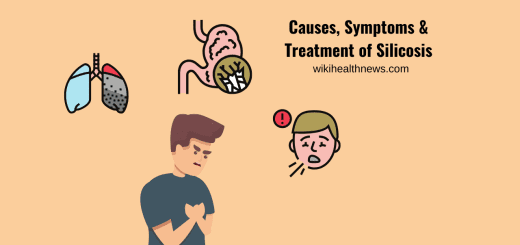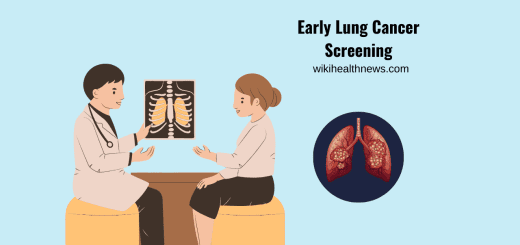Nutritional Value of Grapes: Health Benefits

Grapes or grape products offer a load of various health benefits to your body. Grapes are one of the most widely grown fruits and the total production of grapes worldwide is approximately 60 million tons. The major producers of grapes are the USA, China, Italy, and France. Grapes are available in various types. They are grapes with edible seeds, seedless, wine grapes, table grapes, and raisin grapes. Phytochemical analysis of grapes, however, reveals a vast array of constituents, many of which are capable of mediating biological responses.
The health benefits of grapes are many. They can alter a large number of biological effects on different organs. Among the majority of their effects are on the cardiovascular system. They also have diabetes/glycaemic response, immune function, cancer, cognitive function/brain health, and antimicrobial/antiadhesion properties.
Diets rich in fruits and vegetables, including grapes, can decrease the risk of cardiovascular disease. Their potential health benefits include protection against oxidative damage. The anti-diabetic, anti-cholesterol and anti-platelet functions are also well known. Recognition of such health benefits of a constituent called proanthocyanidins has led to the use of grape seeds as a dietary supplement by the consumers.
Constituents of grapes and their food value
Grapes contain a wide variety of polyphenol compounds, including flavonoids, phenolic acids, and resveratrol. The highest concentrations of grape polyphenols are found in the skin, stems, and seeds. Grapes are one of the most widely grown fruits and have been used for winemaking since the ancient Greek and Roman civilizations. Grape seeds are rich in proanthocyanidins which have been shown to possess potent antioxidant properties. Grape seeds are a complex matrix containing 40% fiber, 16% oil, 11% proteins, and 7% complex phenols such as tannins.
Grapes prevent cell damage
Grape polyphenols have important antioxidant properties. According to the oxidative hypothesis, oxidative modification of LDL is a primary initiating event in atherosclerosis. Grapes help in cell repair and prevents cell damage.
Blood-thinning agents
Polyphenols in grapes have been shown to have platelet inhibitory effects. There is great interest in the possibility that grape consumption might provide similar protection.
Grape polyphenols have anti-inflammatory effects. Red wine and polyphenols help in the activation of proinflammatory factors in endothelial cells and inflammatory cells. These factors increase blood flow in the vessels by preventing clotting.
Grapes can help reduce weight
The sugars in grapes possess a low glycemic index. Consumption of grapes doesn’t increase blood sugar levels suddenly. Food with a low glycemic index releases the sugar slowly. Hence these foods are suggested for weight loss. The concepts of glycemic index and glycemic load of grapes or grape products may provide health benefits for type 2 diabetics.
Cancer prevention with grapes
Cancer chemoprevention is a promising strategy for controlling human malignancies. Fruits and vegetables, including grapes, contain enough antioxidants to prevent cancer. Regular consumption of these foods increases the resistance power to cancer.
Grapes can prevent age-related changes
Greater dietary intake of high antioxidant foods has been associated with fewer age-related diseases. Disease such as Alzheimer’s disease can be prevented by taking enough antioxidants. Grapes help in enhanced cognitive and motor function in aging.
Grapes are good for the teeth
A grape seed extract has a high content of proanthocyanidins. These foods positively affect the in vitro demineralization and/or remineralization processes of teeth. Consumption of dry grapes doesn’t affect artificial root carries lesions. Hence, raisins appear to be a healthy alternative to commonly consumed sugary snack foods.
Antibacterial action of Grapes
Grapes contain a polyphenol compound called
Resveratrol. It is a simple stilbene, is less common in dietary materials. A most common source of resveratrol is grapes and grape products. Resveratrol is mainly found in grapes and red wine, also in some plants and fruits, such as peanuts, cranberries, pistachios, blueberries, and bilberries.
The potential of resveratrol to function as an antibacterial, antifungal, antiviral, cardioprotective, neuroprotective, antiproliferative, antiangiogenesis, and the anti-inflammatory agent has been reported.
Protective for the heart
Consumption of wine, grape products, and other foods containing polyphenols is associated with decreased risk for cardiovascular disease. The benefits of wine consumption appear to be greater than other alcoholic beverages. Acute smoking caused a significant impairment in endothelial function. But, the simultaneous consumption of red wine or dealcoholized red wine with smoking decrease smoke’s harmful effect on the endothelium. Endothelial function is an early indicator of atherosclerosis and vessel damage. It is an independent prognostic factor for cardiovascular risk.
Grapes can reduce the chances of heart attack
Grape polyphenols could reduce atherosclerosis by a number of mechanisms, including inhibition of oxidation of LDL and other favourable effects on cellular redox state, improvement of endothelial function, lowering blood pressure, inhibition of platelet aggregation, reducing inflammation, and activating novel proteins that prevent cell senescence











